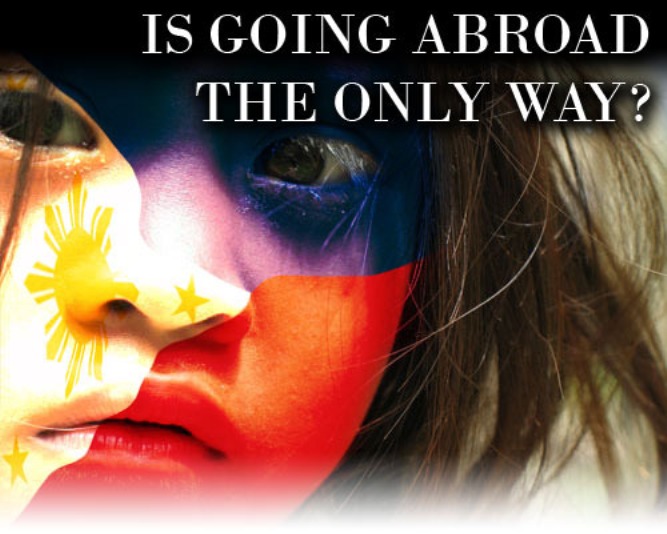El Nido, Palawan – the world’s best island. Photo: traveltrilogy.com
Expats find Philippines ideal for love life
According to a survey by British banking giant HSBC, the Philippines is among the world’s most attractive destination for expatriates seeking a healthier love life and social life.
It’s the best place to find a match made in heaven, get closer to the one you love or create a cozy love nest.
The Philippines is among the world’s most attractive destination for expatriates seeking a healthier love life and social life even though many other countries offer much more in earning opportunity, career challenges or quality of life.
According to the 2016 Expat Explorer survey commissioned by British banking giant HSBC, which compared 45 destinations around the world, the Philippines ranks No. 1 overall for expats as a destination conducive to feel closer to their partners.
The country ranks fifth in offering social life for expats and eighth in ease of integrating with the locals.
Overall, the Philippines ranked only 37th out of 45 destinations. Singapore topped the list, with expats citing the city-state lucrative in seeking new challenge, improving earnings or achieving better quality of life.
In the case of the Philippines, expats pointed to benefits ranging from easing the problem of finding good accommodation, forming new friendships and embracing diversity. Once in the country, expats don’t feel like strangers, as it is natural for Filipinos to be more than willing and happy to assist them in adjusting to the country’s culture and environment, the survey said
Closer Together
Be it around fostering relationships, providing good and affordable education/child care, creating a good environment for raising children or bringing partners closer together, the survey showed that the Philippines was a good place for expats bringing their families along. The Philippines is the top country in the world cited by expats who said that their relocation had brought them closer to their partners (59 per cent).
The cost of education and child care are typically more expensive abroad but the majority (57 per cent) of expats in the Philippines found the overall cost of raising children less expensive in this country.
An additional benefit of raising a family in the Philippines is how smoothly the family members are able to socially adapt and “feel at home.” For 45 per cent of surveyed expats, the Philippines felt like home in less than six months.
A respondent said: “The Philippines is a family-based culture. As soon as you enter a house the host/hostess will offer you the best chair plus food and drink. People want you to be comfortable and at home.”
Wick Veloso, HSBC Philippines president and chief executive officer, said: “Expats in the Philippines value their social life— how they and their families are able to ‘feel at home.’”
“With good accommodations, access to more affordable education for their children and warm Filipino hospitality, expats in the Philippines are able to further their career progression while boosting network connections and enjoying a culture that make them feel they are family,” he said.
“It is vital that financial services are easily accessible for expats to access personal funds, insurance and investments while living abroad. It is even more crucial that they are able to discuss their needs with financial advisers with ease, confident that the unique needs and requirements of an expat living overseas are fully understood,” he said.
Views, Experiences
The 2016 Expat Explorer survey covered 27,000 expats from 190 countries and territories who shared their views and experiences. Other key findings of the survey are as follows:
More than three in five expats in Singapore said it’s a good place to progress their career, with the same proportion seeing their earnings rise after moving to the country.
Nearly a quarter (22 per cent) of expats aged 18-34 — the so-called millennials — moved abroad to find more purpose in their career.
Around two in five expats said that moving abroad had accelerated their progress toward saving for retirement (40 per cent) or toward buying a property (41 per cent), compared to around one in five (20 per cent and 19 per cent, respectively) whose move abroad had slowed their progress toward these financial goals.
For the second year in a row, Switzerland topped the roster as far as offering financial well-being and a strong economy for expats are concerned.
New Zealand leads the way for an “unrivaled” expat experience, with a vast majority (83 per cent) of expats praising the country’s environment (air pollution, water quality) as better than in their home countries and nearly three-quarters (73 per cent) said their quality of life had improved.
Sweden was deemed offering an excellent environment for expat families, with around 75 per cent of expat parents rating their children’s quality of life as better than back home. – The Daily Star
Copyright: Philippine Daily Inquirer/ Asia News Network





































